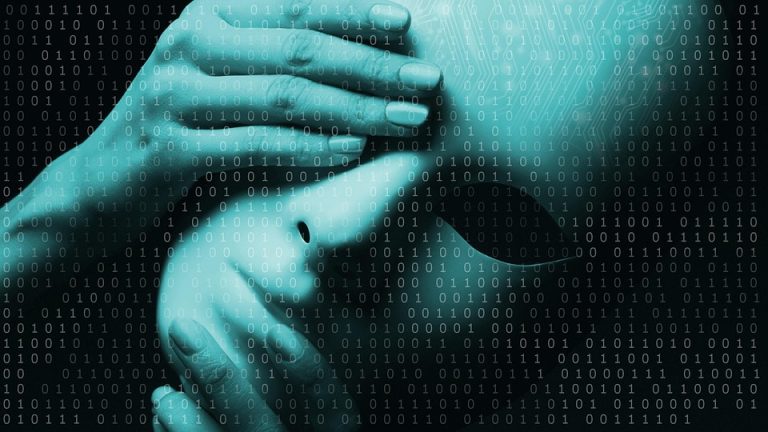Revolutionizing Industries: How AI is Changing the Game
The advent of Artificial Intelligence (AI) has brought about a significant paradigm shift in various industries, transforming the way businesses operate, and revolutionizing the way we live and work. From healthcare to finance, transportation to education, AI is changing the game by increasing efficiency, accuracy, and productivity, while reducing costs and improving customer experiences. In this article, we will delve into the impact of AI on various industries and explore the opportunities and challenges that come with this technological revolution.
Healthcare: AI-Driven Diagnostics and Personalized Medicine
The healthcare industry has been at the forefront of AI adoption, with applications in medical diagnosis, patient care, and research. AI-powered algorithms can analyze vast amounts of medical data, identify patterns, and provide accurate diagnoses, enabling doctors to make informed decisions. For instance, AI-assisted radiology can detect breast cancer more accurately and quickly than human radiologists. Additionally, AI-driven personalized medicine is enabling tailored treatment plans, improving patient outcomes, and enhancing overall healthcare experiences.
Finance: AI-Driven Trading and Risk Management
The finance industry has also been transformed by AI, with applications in trading, risk management, and customer service. AI-powered trading platforms can analyze vast amounts of market data, identify trends, and make predictions, enabling investors to make informed decisions. AI-driven risk management systems can detect potential risks, predict market fluctuations, and provide early warnings, reducing the likelihood of financial losses. Furthermore, AI-powered chatbots are enhancing customer experiences, providing personalized support, and improving customer engagement.
Transportation: AI-Driven Autonomous Vehicles
The transportation industry is undergoing a significant transformation with the advent of AI-powered autonomous vehicles. Self-driving cars, trucks, and drones are being developed to improve road safety, reduce traffic congestion, and enhance logistics efficiency. AI-powered navigation systems can optimize routes, predict traffic patterns, and provide real-time updates, reducing travel times and improving overall transportation experiences.
Education: AI-Driven Adaptive Learning
The education industry is also being revolutionized by AI, with applications in adaptive learning, personalized education, and intelligent tutoring systems. AI-powered adaptive learning platforms can analyze individual learning styles, abilities, and preferences, providing tailored educational experiences that cater to each student’s needs. AI-driven intelligent tutoring systems can provide real-time feedback, guidance, and support, enhancing student outcomes and improving teacher productivity.
Manufacturing: AI-Driven Predictive Maintenance
The manufacturing industry is benefiting from AI-powered predictive maintenance, quality control, and supply chain optimization. AI-driven predictive maintenance systems can analyze sensor data, detect potential equipment failures, and schedule maintenance, reducing downtime and improving overall equipment effectiveness. AI-powered quality control systems can inspect products, detect defects, and predict quality issues, enhancing product quality and reducing waste.
Challenges and Opportunities
While AI is revolutionizing industries, it also poses significant challenges and opportunities. One of the major challenges is the need for skilled professionals to develop, implement, and maintain AI systems. Additionally, concerns about job displacement, bias, and ethics must be addressed to ensure that AI is developed and used responsibly. However, the opportunities are vast, with AI enabling new business models, creating new industries, and improving overall efficiency and productivity.
Conclusion
In conclusion, AI is revolutionizing industries by increasing efficiency, accuracy, and productivity, while reducing costs and improving customer experiences. From healthcare to finance, transportation to education, AI is changing the game by enabling new business models, creating new industries, and improving overall efficiency and productivity. As AI continues to evolve and advance, it is essential to address the challenges and opportunities that come with this technological revolution, ensuring that AI is developed and used responsibly to benefit humanity.
The Future of AI
The future of AI is exciting and uncertain, with potential applications in fields such as robotics, cybersecurity, and environment sustainability. As AI continues to advance, we can expect to see:
- Increased adoption of AI in various industries
- Development of new AI-powered business models and industries
- Improved efficiency and productivity across industries
- Enhanced customer experiences and improved overall quality of life
- Growing demand for skilled professionals to develop, implement, and maintain AI systems
In the end, the impact of AI on industries will depend on how we choose to develop, implement, and use this technology. By addressing the challenges and opportunities that come with AI, we can harness its potential to create a better future for all.
